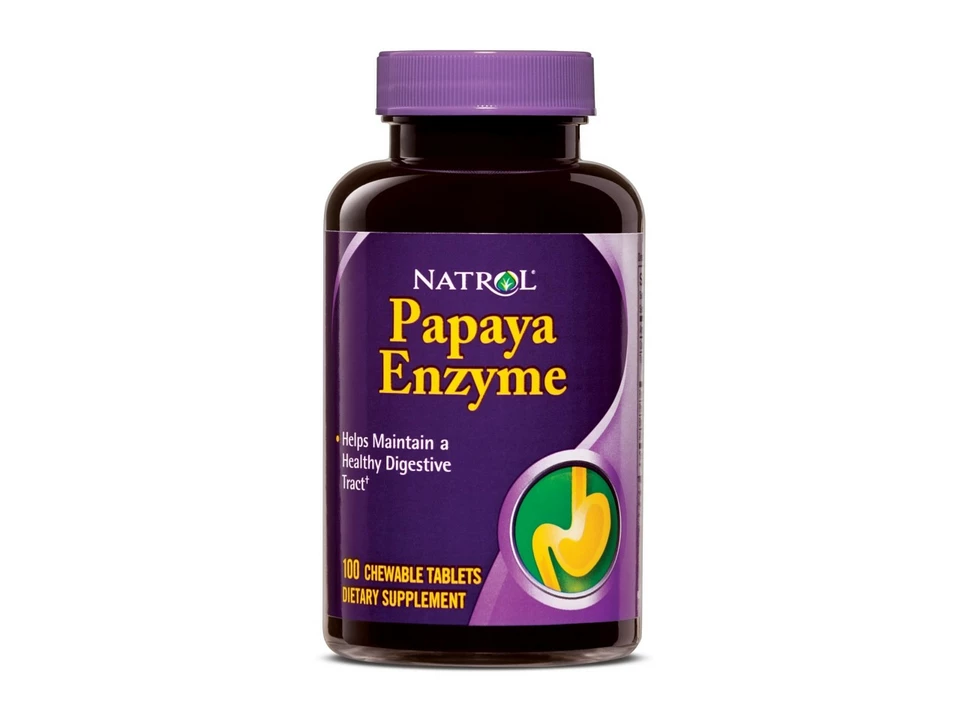Improve digestion: simple, practical steps that work
Bloating, slow digestion or irregular stools? You don’t need a miracle — you need a plan. Small changes to what you eat and how you eat it can cut bloating, speed digestion, and make bathroom visits more predictable. Below are clear, usable steps you can try today.
Foods that help (and a few to skip)
Focus on fiber from whole foods: aim for about 25–30 g a day from vegetables, whole grains, beans and fruit. Soluble fiber (oats, apples, carrots) helps stool form and moves slowly; insoluble fiber (whole wheat, nuts, seeds) adds bulk and speeds transit. Add one serving of fermented food daily — plain yogurt, kefir, kimchi or sauerkraut — for natural probiotics that support gut bacteria. If you get gas from beans, add a small portion and increase slowly over 2–3 weeks.
Avoid or cut back on things that commonly irritate digestion: large greasy meals, excess alcohol, and too much refined sugar. For many people, carbonated drinks, sugar alcohols (sorbitol, xylitol) and excessive caffeine cause bloating and loose stools. If you suspect lactose or gluten sensitivity, try a short elimination (2–3 weeks) to see if symptoms ease, then reintroduce to confirm.
Daily habits that matter more than a pill
Chew. Seems obvious, but chewing breaks food into smaller pieces and starts digestion in the mouth. Aim for 20–30 chews per bite when you can. Eat without distraction — put the phone away. Slow, mindful meals stimulate proper digestive enzymes and reduce swallowed air, which cuts bloating.
Timing matters. Spread meals evenly across the day and avoid very late heavy dinners. Drinking water is good, but sip between meals rather than gulping a liter during a meal. If you tend to be constipated, a warm drink in the morning often triggers a bowel movement.
Move daily. A 20–30 minute walk after meals helps food move through the gut. Regular exercise also improves bowel frequency and reduces bloating. Manage stress: anxiety and chronic stress disrupt gut motility; short breathing exercises or 10 minutes of low-intensity activity can help.
If you try supplements, keep it simple. A standard probiotic with 5–10 billion CFU from Lactobacillus or Bifidobacterium strains can help for bloating and irregularity. Fiber supplements like psyllium add bulk if you can’t get enough from food. Start low and increase slowly to avoid gas. Avoid long-term use of stimulant laxatives; use osmotic options like polyethylene glycol only as directed.
When to see a doctor: get checked if you have unintentional weight loss, blood in stool, severe pain, or persistent vomiting. Also seek help if symptoms don’t improve after simple diet and habit changes — you might need testing for IBS, celiac, infections or medication side effects.
Try one or two changes this week — add a fermented food, chew more, or go for a short walk after dinner. Track what helps and what doesn’t. Small, steady wins add up fast when it comes to feeling lighter and more comfortable every day.
Improve Your Digestion and Boost Your Immunity with Papain
As a health enthusiast, I recently discovered the amazing benefits of Papain, an enzyme found in papaya. Not only does it improve digestion by breaking down proteins, but it also boosts our immune system by promoting a healthy gut. I've started incorporating papaya into my diet and have noticed significant improvements in my overall health. I highly recommend giving it a try, as it's a natural and delicious way to enhance your well-being. Don't miss out on this powerful superfood for a healthier and happier life!
About
Health and Wellness
Latest Posts


Pharmacogenomic Testing for SSRIs: How CYP2C19 and CYP2D6 Affect Side Effects
By Marcel Kornblum Dec 1, 2025

Calanus Oil: Unlock Its Power for Truly Better Health
By Marcel Kornblum Apr 23, 2025

Semaglutide: A Promising Treatment for Fatty Liver Disease and More
By Marcel Kornblum Aug 17, 2024

